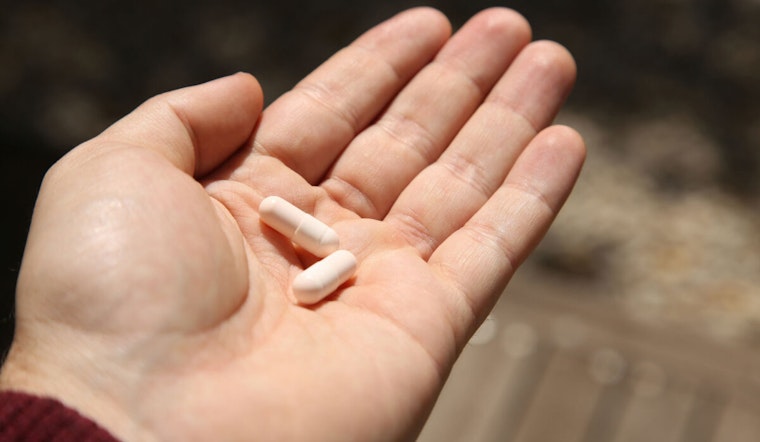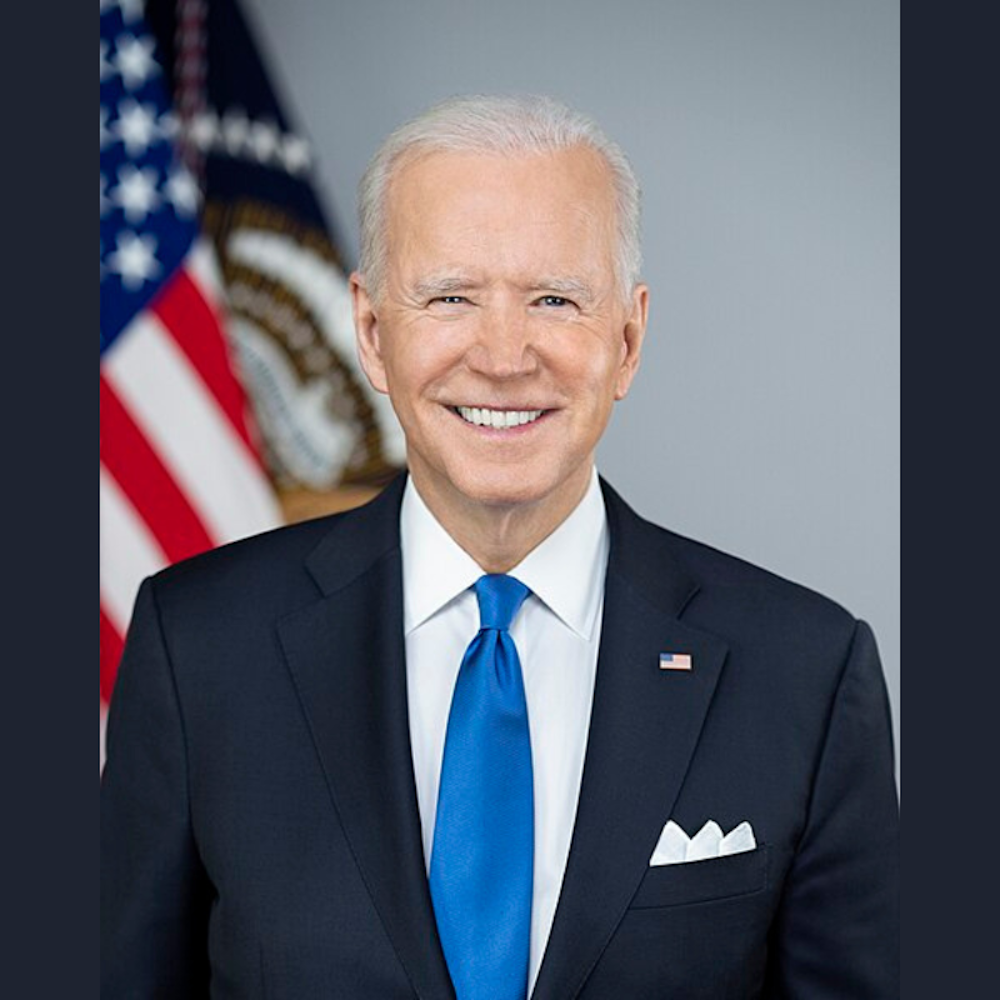
Researchers from The University of Texas at Austin have thrown the spotlight on Paxlovid, an antiviral drug for COVID-19, suggesting it could be a game-changer in the ongoing battle against the pandemic, a recent study finds. Treating just 20% of those showing symptoms with Paxlovid could prevent a staggering number of hospitalizations, not to mention slashing death rates and saving a bundle in healthcare costs, according to The University of Texas at Austin.
The same study, which was featured in the February issue of Emerging Infectious Diseases concerns the underuse of the drug despite its potential benefits; National Institutes of Health data shows a mere 15% of high-risk patients currently receive Paxlovid when infected - if that number bumped to 20%, during the Omicron wave for instance, outcomes including 850,000 fewer hospitalizations might have been on the cards, along with saved costs to the tune of $170 billion but these numbers could fluctuate due to various factors such as community viral loads or the emergence of new variants.
Lauren Ancel Meyers, a UT professor and spearhead of the study, emphasized Paxlovid's dual benefits, stating, "Not only does this drug help keep high-risk patients out of the hospital, but it can substantially decrease the chance that a treated patient will infect other people," in a sentiment echoed by the University news release. The university's cutting-edge modeling projected the drug's impact on public health during the previous year, weighing different scenarios of viral transmission rates to underscore Paxlovid's potential for widescale health and economic gains, as per The University of Texas at Austin.
Joining Meyers in the research were epidemiological and health experts from renowned institutions such as the University of Hong Kong, Yale School of Public Health, the University of Cambridge, Georgia Southern University, Aalto University, Kobe University, and UT’s own Department of Molecular Biosciences. The study's financial backing came from a variety of supporters, including the Innovation and Technology Commission of Hong Kong’s Special Administrative Region Government, the U.S. National Institutes of Health, the CDC, and various other international health funding organizations.









